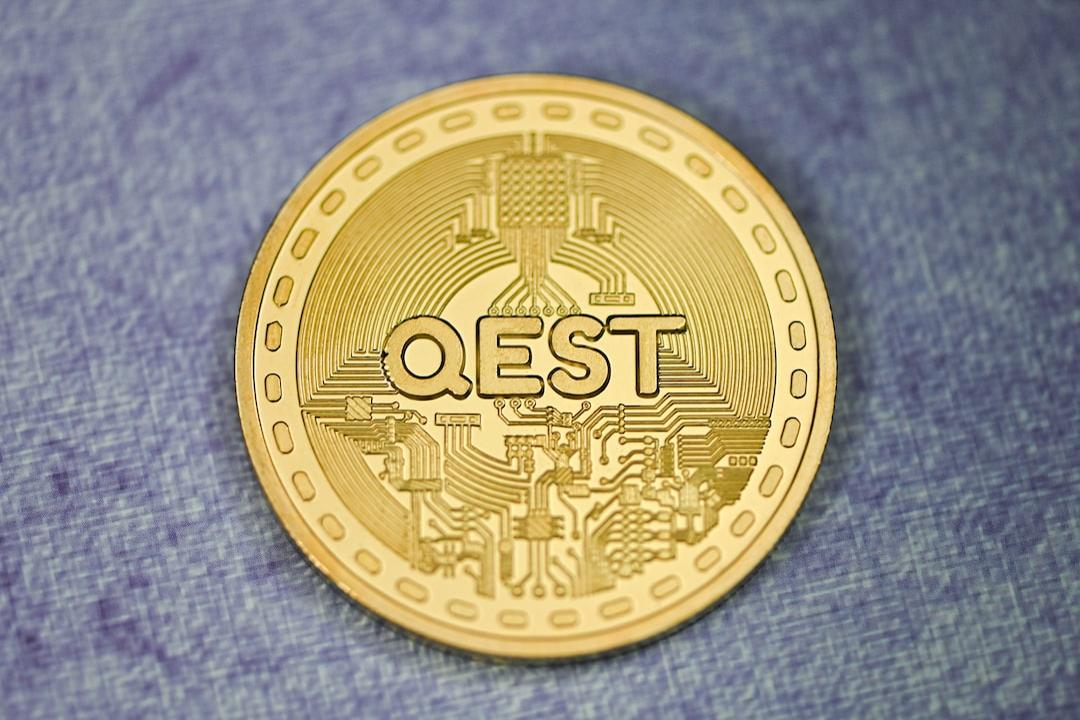Leading global cryptocurrency exchange and Web3 company Bitget has launched stricter token listing standards aimed at protecting users from the increasing number of fraudulent projects. Before a blockchain project lists its token on Bitget, it must undergo a comprehensive legal review to verify its code quality, security, and compliance, in line with Bitget’s strategy.
Hon Ng, Bitget’s Chief Legal Officer, emphasized that “projects seeking to list tokens on Bitget must undergo rigorous legal and technical scrutiny, assessing their code quality, security measures, and regulatory compliance. This is an important step in protecting users from high-risk projects. Projects that do not meet the standards will not be able to list on Bitget.”
These measures are expected to enhance Bitget’s user experience and protection while also addressing the exchange’s need for flexibility and innovation. The process will help young cryptocurrency companies better understand how to conduct business operations in their respective countries. “Ultimately, these requirements help projects move forward with confidence and expand their communities more effectively. These listing requirements are an integral part of the listing process on Bitget,” added Hon Ng.
Additionally, Bitget is strengthening the requirements of its token evaluation process by introducing new protocols and stricter standards, focusing on token economics, including a detailed analysis of token supply, distribution, utility, and the development team’s experience and qualifications. For initial projects, the evaluation starts with the project’s Fully Diluted Valuation (FDV), an important indicator of the potential value of the total token supply. The FDV should align with the fundraising amount and generally should not exceed 20 times the fundraising. For example, a project that raises $5 million should have an FDV below $100 million, ensuring that the valuation does not mislead investors.
Projects will undergo rigorous evaluations based on their previous funding rounds, which help identify potential risks related to fund management and usage. Projects supported by reputable institutions are more likely to meet Bitget’s strict standards, while those with unknown or suspicious supporters will face additional due diligence. Bitget will also carefully examine the token’s unlocking schedule, as rapid or short-term unlocking (usually less than two years) may indicate a lack of long-term commitment from the project team and could jeopardize the stability of the token.
For already circulating tokens, Bitget will analyze on-chain data to assess the economic health and trading activity of the tokens. A key comparison is the gap between trading volume and FDV. If the FDV exceeds $10 million and the 24-hour trading volume is below $1 million, it indicates a possible overvaluation. Such discrepancies may imply price manipulation or a lack of organic demand, thus requiring stricter evaluation.
For tokens already listed on other exchanges, Bitget will evaluate smart contract security and token distribution. High-risk indicators such as trading suspensions or issuers being able to alter balances will be considered warning signs. Projects with highly concentrated token distribution, such as a team holding over 50% or the issuer holding over 20%, are seen as higher-risk projects. Bitget utilizes blockchain explorers to uncover the true distribution pattern and expose those attempting to present false decentralized supply plans. For example, the 2024 Simpson-themed token attempted to hide its centralized control by distributing holdings across multiple addresses, but analysis revealed this fact and ultimately led to its rejection.
Another critical criterion is the project’s community engagement, including participation on social media platforms and online reputation. Team members will also be checked for any association with fraud, investor deception, or illegal activities. Bitget ensures that potential listing projects undergo strict checks to eliminate high-risk assets. When evaluating initial projects, financial, security, compliance, political, and ethical risks are considered. This comprehensive review is crucial to detecting Ponzi schemes or projects with a history of unethical behavior, such as fundraising scams. Smart contract security, liquidity pool security, and concentration of holdings will all undergo thorough examination. Even if a token has strong market hype, Bitget will reject the project if it discovers founder involvement in litigation and compliance risks during the evaluation.
Furthermore, Bitget will require projects to provide detailed business plans and roadmaps to reduce the risk of short-lived projects and fraud. These measures are purely aimed at enhancing transparency, trust, and protecting the interests of the exchange’s users while mitigating potential risks associated with unreliable tokens.
Hon Ng, Bitget’s Chief Legal Officer, added, “Our KYC and anti-money laundering procedures are rigorous. Users put considerable effort into completing the KYC verification during registration, and we appreciate that and are committed to protecting their assets. Users can also expect projects to meet the same standards. Strengthening control over new projects displayed and tradable on the exchange aims to enhance the quality of our platform. These controls will reduce the risk of fraudulent tokens. At the same time, we encourage all users to seek independent financial advice before investing.”
Popular or promising blockchain projects that have demand for their tokens among global users can enjoy free listing opportunities. In other cases, token listing may be conducted commercially, but it still needs to pass all the standard checks.
Gracy Chen, CEO of Bitget and Head of Exchange Listing Strategy, emphasized, “Our goal is to build a safe and reliable trading environment. By implementing these stringent standards, we not only protect users but also ensure that projects listed on Bitget are robust and have long-term potential. We are committed to expanding the spot market in the coming years, and these new listing standards are a crucial part of this strategy. Additionally, our commitment does not end with the listing process. We actively support projects in implementing their marketing plans and successfully launching their tokens.”
All these innovative measures are part of Bitget’s global strategy, aiming to strengthen its position in the global market by complying with global regulatory requirements, cooperating with regulatory bodies and financial leaders, and obtaining necessary licenses and registrations.
Bitget

